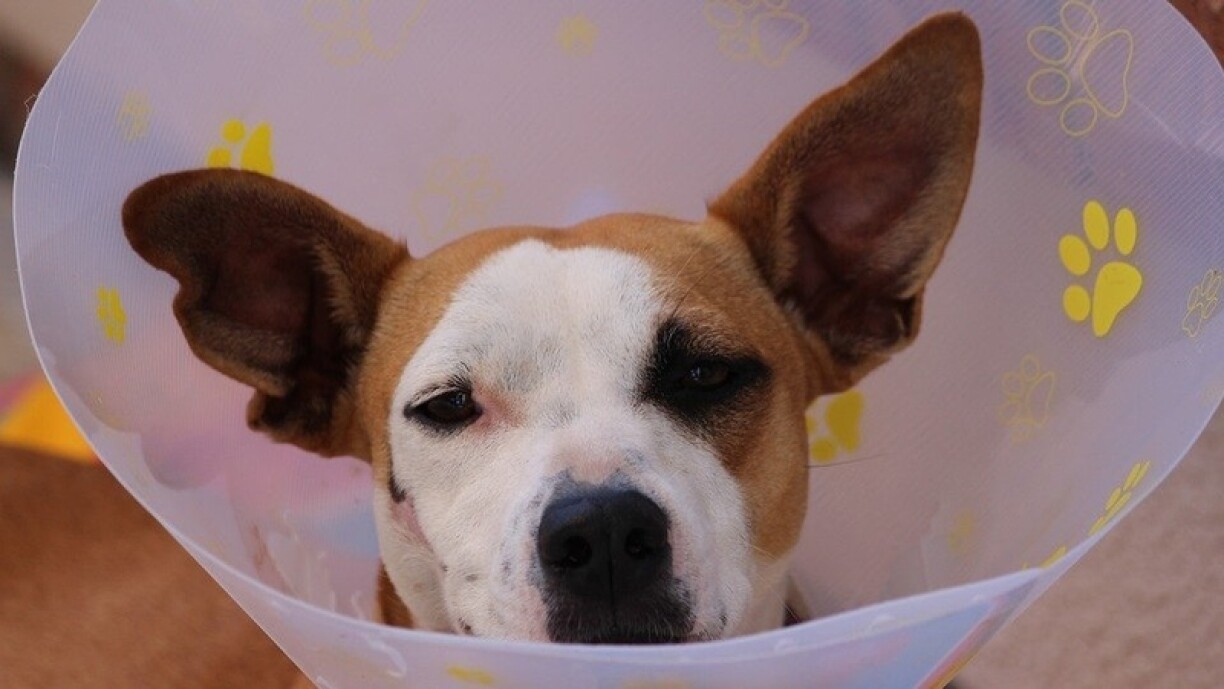
What you should do depends on the type of animal you have found - there are different protocols for pets, and wild mammals and birds. We’ll go through each scenario in this guide, starting with pets.
Naturally your first step should be to ensure that the owner isn’t about nearby - off-lead dogs can stray quite far from their owners in safe areas, so don’t grab them and run off without giving the owner time to catch up.
Beyond that, you should always keep your own safety in mind. Both dogs and cats may be frightened if they’ve been on their own for a while, so it’s important that you’re cautious and approach them slowly - better yet, let them approach you. Hunching or sitting down will generally tell a dog that you’re not a threat, for instance, and give them the chance to approach you on their own terms. If you have reason to be unsure of your own safety, it’s better to call the local police for guidance.
Once the pet is in your control, check for a collar and possible attached tag for contact details. If they have one, that’ll make your job easier. If they do not, take them to the nearest veterinary practice - they will be able to read the pet’s chip, which contains the owner’s details.
If you find a wild animal in distress, whether bird or mammal, you should contact the ASBL natur&ëmwelt (which translates to nature and environment, a Luxembourg NGO). Their phone number is 26 51 39 90. Their staff will be able to advise you on how to best handle the situation, where to take the animal, or send someone out to help.
Do note that some wild animals, even if weak or injured, will try to defend themselves by biting or scratching - so always use gloves if handling one. Also note that keeping wild animals is forbidden in Luxembourg, even if you’re doing so to nurture them back in shape. Do not try to treat the animal yourself, and don’t force them to drink as this may cause them to suffocate.
If transporting a mammal, keep it in a secure box or crate - make sure it has holes so so that the animal can breathe. If you are transporting a bird, do not place it in a safe box with vents - never transport them in cages.
Natur&ëmwelt have four drop-off points where you can take wounded animals at any time - they are set up with secure crates of various sizes to fit all kind of local wildlife. These are:
Clervaux - Centre d’incendie et de secours, 20 Route d’Eselborn
Dudelange - Centre de soins pour la faune sauvage, Parc Le’h
Junglister - Centre d’incendie et de secours, 1 Rue Emile Nilles
Niederfeulen - Ecole nationale du service d’incendie et de sauvetage, 25 Rue de la Wark
Wild animal sanctuary in Dudelange celebrates 30 years
Natur&ëmwelt website and information on handling injured animals (FR and DE)
Opinion - Martin Jonsson: There is no shame in consulting a dog trainer